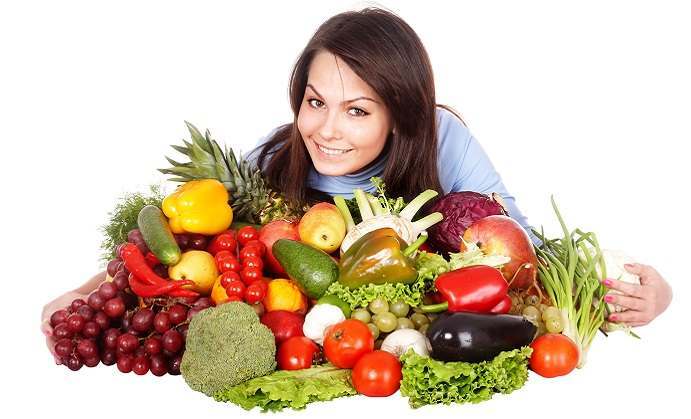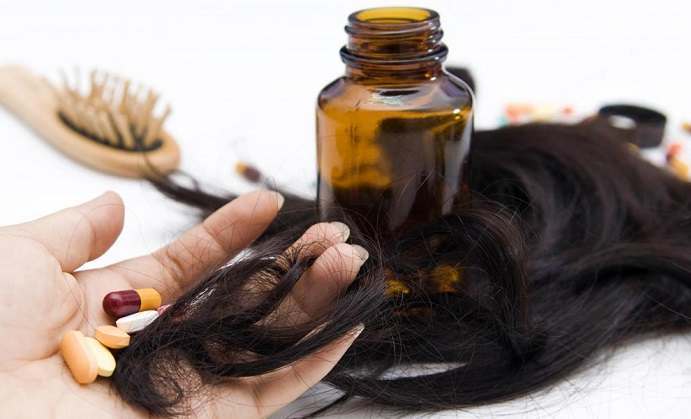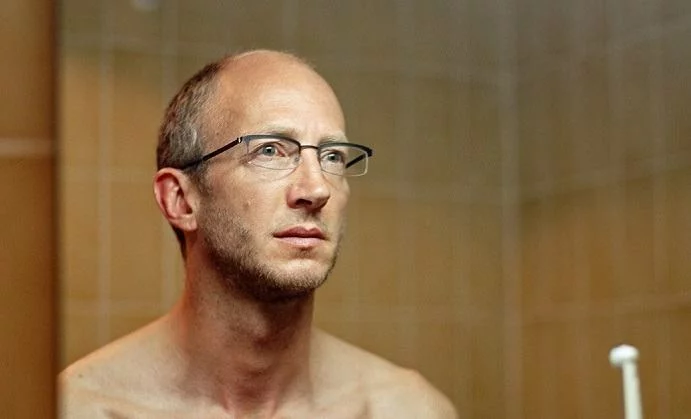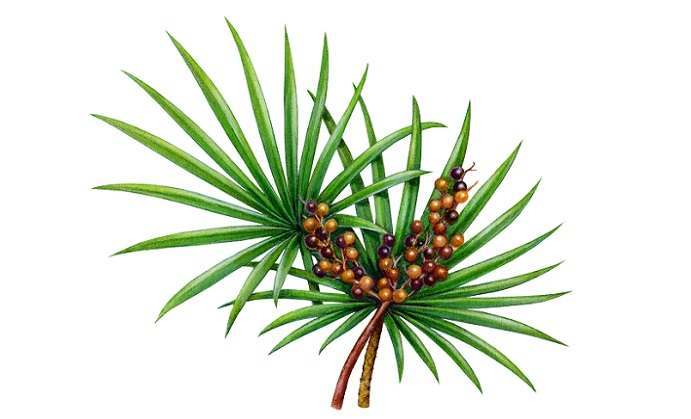Hair grows from follicles embedded in the scalp. Part of the hair that is inside the follicles is hair root. New hair cells are generated by the papilla, part of the follicle. While the new cells grow, old ones die out and end up being pushed along the follicle and towards that scalp. Those dead cells get compressed and from a protein known as keratin, and thus, make hair. It grows at a rate of half an inch, or one and a quarter centimeters a month and it does so in stages: growing, transitioning and resting stage. During resting, hair starts to fall off, so finding up to a 100 strands of hair a day is perfectly normal. But hair loss may be attributed to shift in hormones, stress and even poor diet. So one of the key steps you can take to prevent hair loss is a balanced everyday diet, filled with vitamins and minerals needed by your hair.
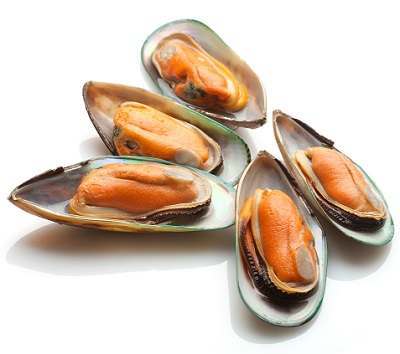 A study has shown that reduced consumption of iron may end up causing hair. Iron is an essential mineral required by the body to perform various functions like maintaining skin, nail and hair and production of red blood cells, which distribute oxygen. Lack of oxygen leads to symptoms such as fatigue and may impair the immune system’s capability to fight of infections. All this can cause inflammation to the scalp and follicles can’t grow strong and healthy hair properly when not enough oxygen is delivered to them. Adding iron to your diet is not that hard, as there are plenty foods that contain it, such as lean red meats and liver, clams, mussels, beans, peas, lentils, iron enriched cereals and pumpkin and sesame seeds.
A study has shown that reduced consumption of iron may end up causing hair. Iron is an essential mineral required by the body to perform various functions like maintaining skin, nail and hair and production of red blood cells, which distribute oxygen. Lack of oxygen leads to symptoms such as fatigue and may impair the immune system’s capability to fight of infections. All this can cause inflammation to the scalp and follicles can’t grow strong and healthy hair properly when not enough oxygen is delivered to them. Adding iron to your diet is not that hard, as there are plenty foods that contain it, such as lean red meats and liver, clams, mussels, beans, peas, lentils, iron enriched cereals and pumpkin and sesame seeds.
Zinc is essential for metabolic processes including making the proteins in your nails and hair, so insufficiency of zinc can lead to poor scalp condition and subsequent hair loss. Foods containing zinc are oyster, with highest levels of zinc per serving, then beef, poultry, none or low fat cheeses, peas, wheat, sunflower seeds and almonds.
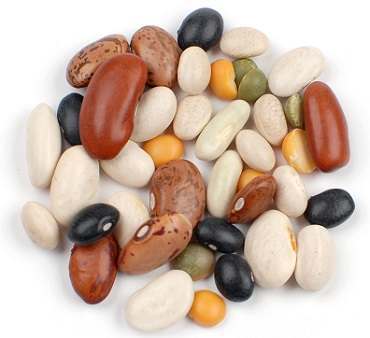 Lack of biotin and other members of the B vitamin family have been associated with having dry, brittle hair prone to splitting and breaking off and hair loss, so adding them in your daily diet may not be a bad idea. Best sources of vitamin B complex are red meat, salmon, eggs, beans and spinach. Vitamin C is crucial for iron absorption and necessary for the immune system. It is an important nutrient as it helps grow and strengthen the hair. It can be ingested or used in preparing mixtures that can later be applied to the scalp. Vitamin C is abundant in citrus fruits such as lemons, oranges, grapefruits and limes, but also in vegetables including peppers, tomatoes and green leafy vegetables.
Lack of biotin and other members of the B vitamin family have been associated with having dry, brittle hair prone to splitting and breaking off and hair loss, so adding them in your daily diet may not be a bad idea. Best sources of vitamin B complex are red meat, salmon, eggs, beans and spinach. Vitamin C is crucial for iron absorption and necessary for the immune system. It is an important nutrient as it helps grow and strengthen the hair. It can be ingested or used in preparing mixtures that can later be applied to the scalp. Vitamin C is abundant in citrus fruits such as lemons, oranges, grapefruits and limes, but also in vegetables including peppers, tomatoes and green leafy vegetables.
Vitamin E is an essential nutrient that helps keep the heart, skin and hair healthy. It is used for scalp massages as it promotes the blood circulation and topically, for hair growth, dry hair and split ends. Add it to your diet by eating olive oil, avocados and wheat germ.
Do you want to find an effective Hair Growth treatment? Check out our top rated Hair Growth products


